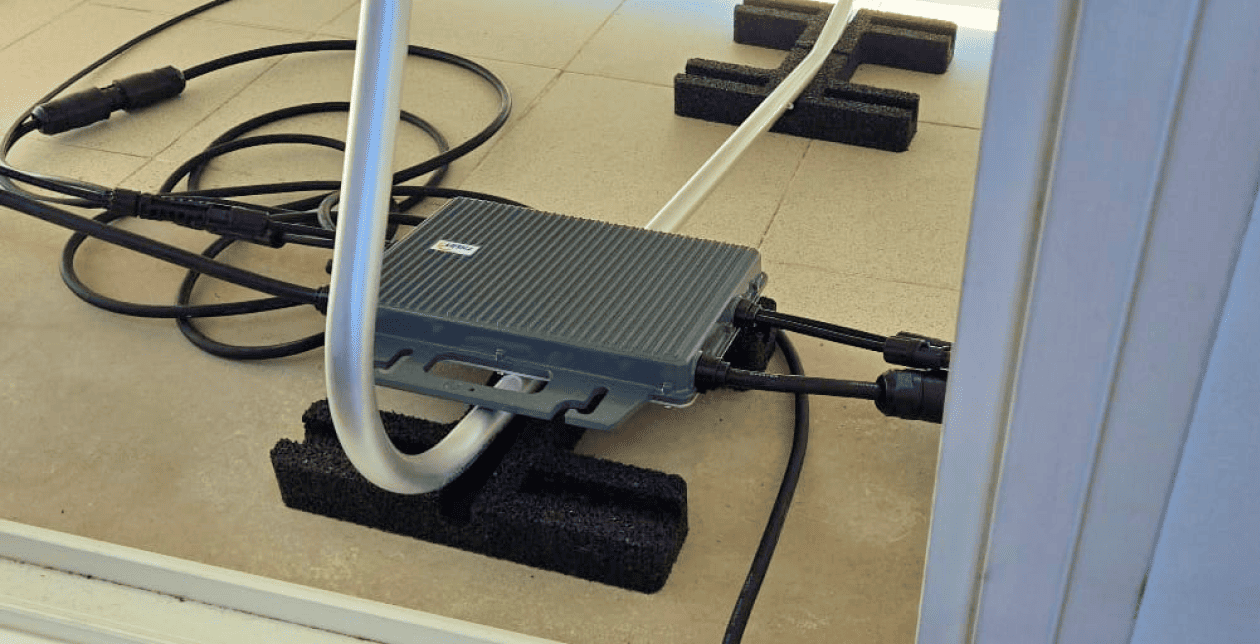
Microinversores: essenciais para eficiência do seu kit solar
When it comes to optimizing the efficiency and reliability of your solar energy system, solar panel micro inverters play a crucial role. Unlike traditional inverters, which connect to an entire string of panels, solar panel micro inverters operate on a per-panel basis, offering unique advantages that can significantly enhance your system's performance. In this blog, we'll explore what solar panel micro inverters are, how they connect to solar panels, and why they are the best choice for modern solar installations.
What are solar panel micro inverters?
Solar panel micro inverters are small devices attached to each individual solar panel in a photovoltaic (PV) system. Their primary function is to convert the direct current (DC) electricity generated by the solar panels into alternating current (AC) electricity, which can be used by household appliances or fed into the electrical grid. Unlike traditional string inverters, which manage the output of multiple panels collectively, solar panel micro inverters optimize the performance of each panel individually.
How are micro inverters connected to solar panels?
The connection process for solar panel micro inverters is straightforward, yet it plays a vital role in ensuring the efficiency of the entire solar energy system. Here’s how it works:
- Installation on each panel:
Solar panel micro inverters are typically mounted directly beneath or near each panel on the racking system. This proximity allows them to convert the DC electricity generated by each panel into AC electricity immediately, reducing the potential for energy loss. - Wiring connections:
Each solar panel is connected to its corresponding micro inverter through DC wiring. The solar panel micro inverter then converts the DC electricity to AC, which is the standard form of electricity used in homes and businesses. These AC outputs from multiple solar panel micro inverters are then wired together in parallel to form a single AC circuit. - Connection to the grid or electrical system:
The AC circuit is then connected to the main electrical panel or inverter combiner box, from where it can be distributed to the electrical grid or used to power appliances within the home. This setup allows for efficient energy transfer and minimizes the risk of energy loss during conversion.
Advantages of solar panel micro inverters
- Maximized energy production:
The key advantage of solar panel micro inverters is their ability to maximize energy production. Since each micro inverter operates independently, the performance of one solar panel doesn't impact the others. This is particularly beneficial in situations where panels may be partially shaded or facing different directions, as it ensures that each panel operates at its maximum potential. - Enhanced system monitoring:
Solar panel micro inverters come equipped with advanced monitoring capabilities, enabling real-time tracking of each panel's performance. This detailed monitoring allows you to quickly identify and address any issues, ensuring your solar energy system remains efficient and effective. - Improved safety:
Operating at a lower voltage compared to traditional inverters, solar panel micro inverters enhance the overall safety of your solar installation. The reduced voltage lowers the risk of electrical hazards, making them a safer choice for residential systems. - Flexibility in design:
Because solar panel micro inverters function independently, they offer greater flexibility in system design. This allows for the installation of panels at different angles or orientations, making them ideal for complex roof structures or areas with partial shading. - Easier maintenance and troubleshooting:
With solar panel micro inverters, maintenance becomes simpler and more cost-effective. Issues can be isolated to specific panels, meaning repairs or replacements can be carried out without disrupting the entire system. This is a significant advantage over traditional string inverters, where problems in one panel can affect the whole string.
Why choose solar panel micro inverters over traditional inverters?
When deciding between micro inverters and traditional inverters, several factors make solar panel micro inverters the superior choice:
- Independent operation:
Micro inverters ensure that each solar panel operates independently, preventing performance drops in one panel from affecting the entire system. This leads to higher overall energy production, especially in conditions where some panels might experience shading or other performance issues. - Better performance in partial shading:
In traditional string inverter systems, shading on a single panel can reduce the output of the entire string. Micro inverters, however, mitigate this issue by optimizing each panel's output individually, ensuring that shaded panels don’t drag down the performance of others. - Scalability:
Micro inverters make it easy to expand your solar energy system. If you decide to add more panels in the future, you can simply add more micro inverters, making the system highly scalable without requiring significant upgrades. - Higher energy yields:
Because micro inverters maximize the output of each panel, they often lead to higher overall energy yields. This efficiency makes them a cost-effective choice over the long term, offsetting their slightly higher upfront costs with greater energy savings.

Innovations in solar panel micro inverter technology
Solar panel micro inverters are constantly evolving, with new innovations making them even more efficient and reliable. Some of the latest advancements include:
- Integrated monitoring systems
Modern micro inverters often come with built-in monitoring systems, providing real-time data on each panel’s performance. This helps in optimizing energy production and quickly identifying any issues. - Hybrid micro inverters
These inverters combine the traditional function of DC-to-AC conversion with the ability to manage energy storage systems. This integration is perfect for those looking to add battery storage to their solar setups, providing greater energy independence. - Grid support features
Advanced micro inverters are now equipped with grid support functionalities, which can help stabilize the local grid during peak demand periods. This not only benefits the grid but also offers financial incentives for system owners.
Choosing the right solar panel micro inverters for your system
Selecting the right solar panel micro inverters is crucial for maximizing the efficiency and longevity of your solar energy system. Here are some factors to consider:
- Compatibility with solar panels
Ensure that the micro inverters are compatible with your specific solar panels. Compatibility is key to ensuring that your system operates efficiently and without issues. - Efficiency ratings
Look for micro inverters with high efficiency ratings. Higher efficiency means more of the solar energy captured is converted into usable electricity, enhancing overall system performance. - Reliability and warranty
Choose micro inverters from reputable manufacturers that offer solid warranties. A longer warranty period often indicates higher product reliability, which is essential for the long-term success of your solar energy system. - Cost-effectiveness
While micro inverters may have a higher initial cost than traditional inverters, their ability to maximize energy production and simplify maintenance often leads to better long-term value.
At Robinsun, we work with a world top-tier micro inverter manufacturer Tsun. However, it is definitely more efficient and guaranteed if you invest the entire solar kit pack with Robinsun as we offer quality and good value-for-money products.
Conclusion
Solar panel micro inverters are an essential component of modern solar energy systems, offering a range of benefits that make them the preferred choice over traditional inverters. By maximizing the performance of each individual solar panel, micro inverters ensure that your system operates at peak efficiency, regardless of conditions like shading or panel orientation. Whether you're looking to increase energy yields, improve system monitoring, or enhance safety, micro inverters provide a reliable and scalable solution for your solar energy needs.
At Robinsun, we specialize in providing top-quality solar panel micro inverters tailored to meet your specific requirements. Contact us via email, WhatsApp or call us directly if you have any questions or need help to choose your own Robinsun plugin solar kit.



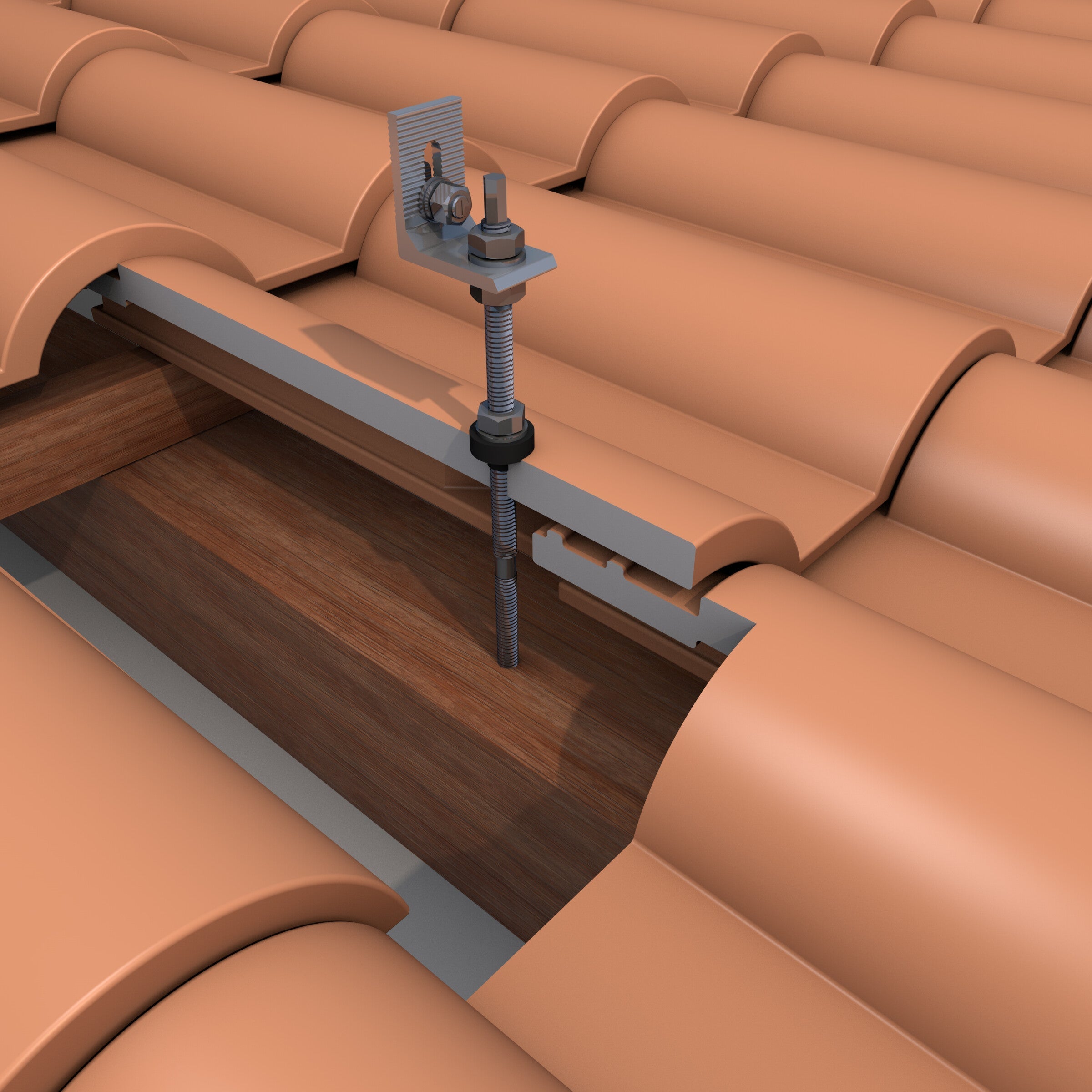
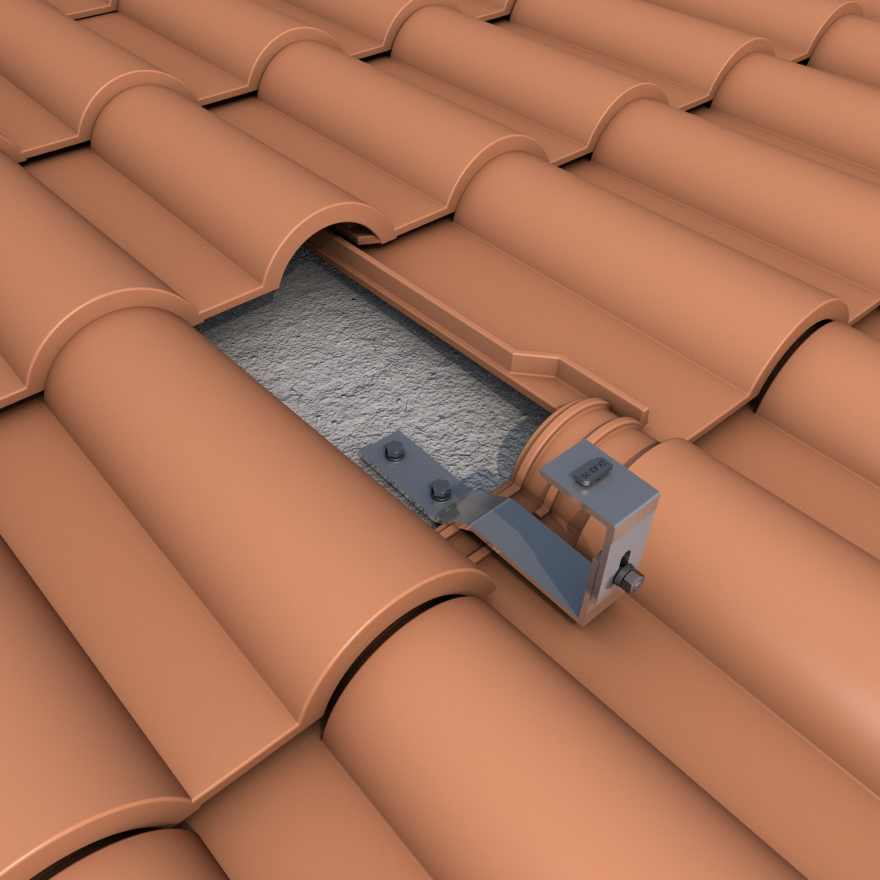

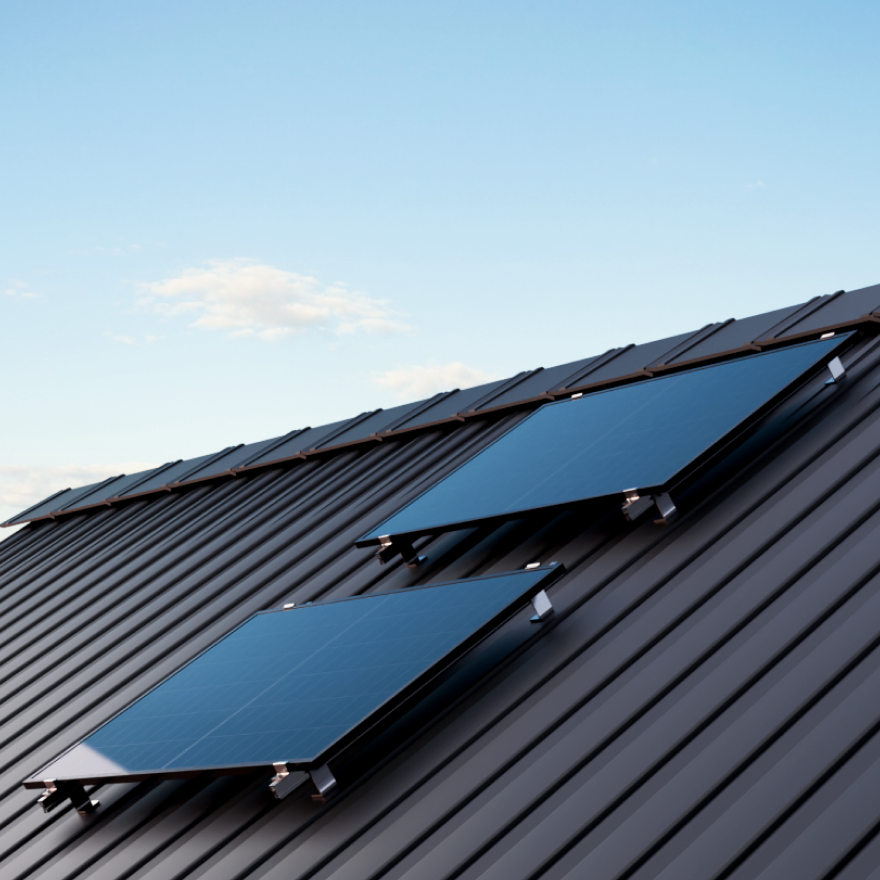
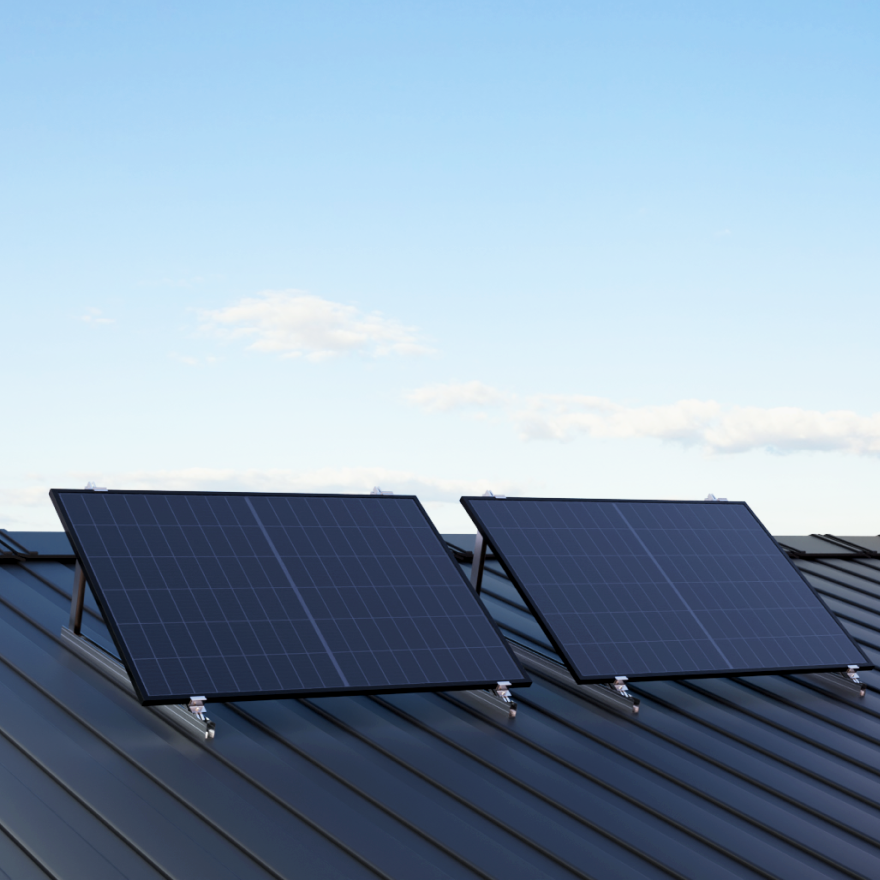








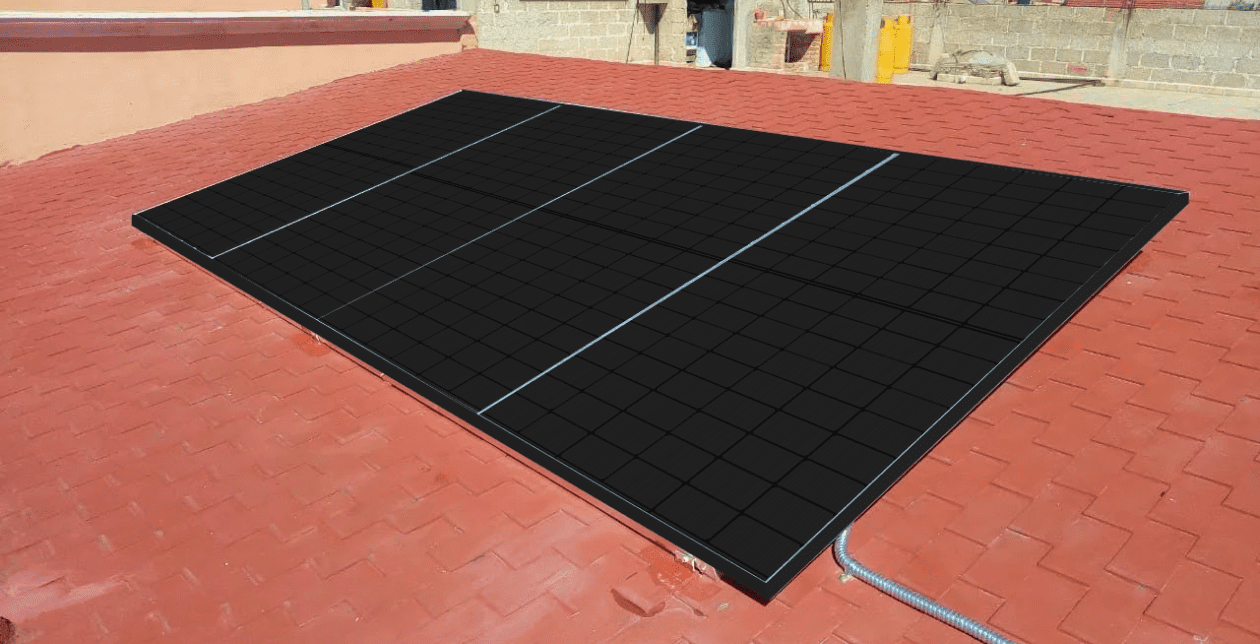
Hinterlasse einen Kommentar
Diese Website ist durch hCaptcha geschützt und es gelten die allgemeinen Geschäftsbedingungen und Datenschutzbestimmungen von hCaptcha.